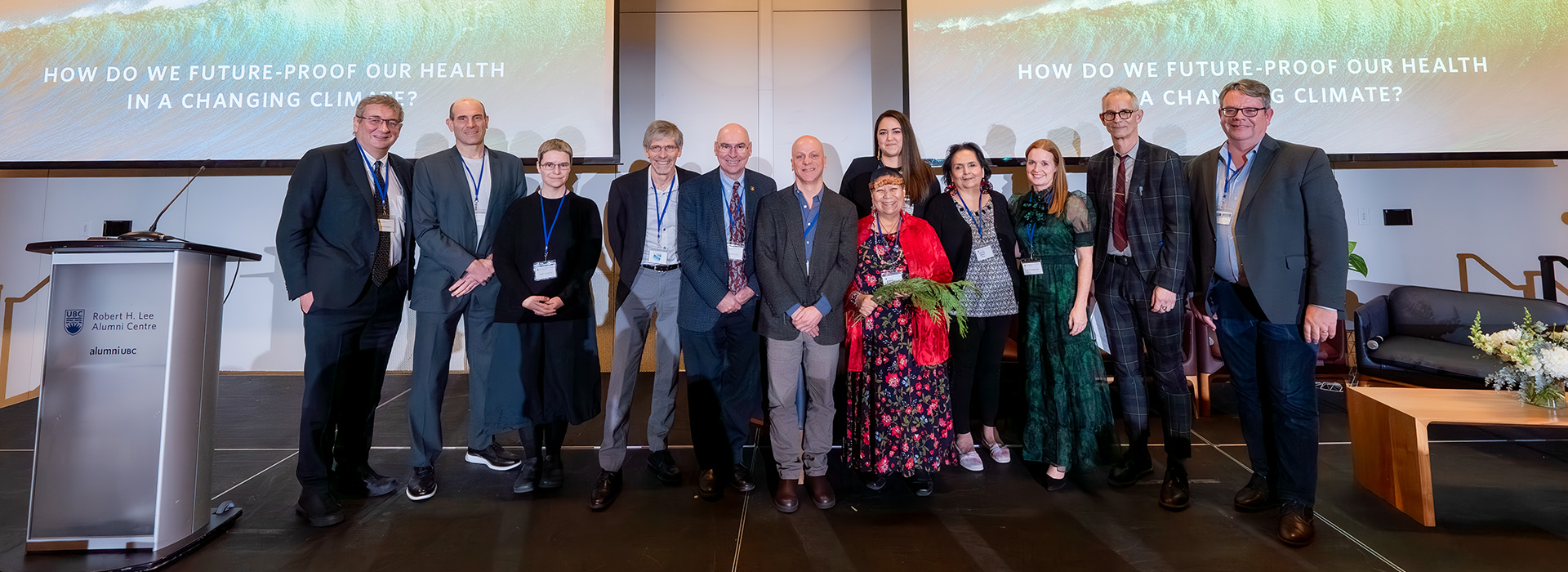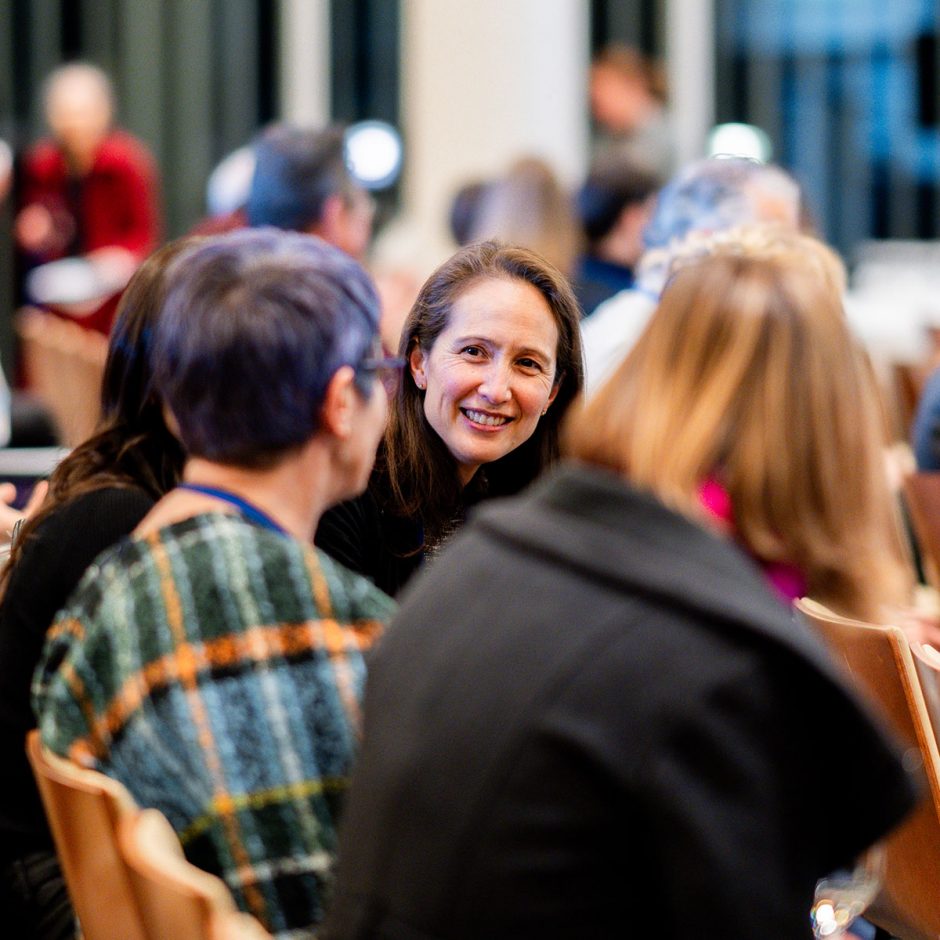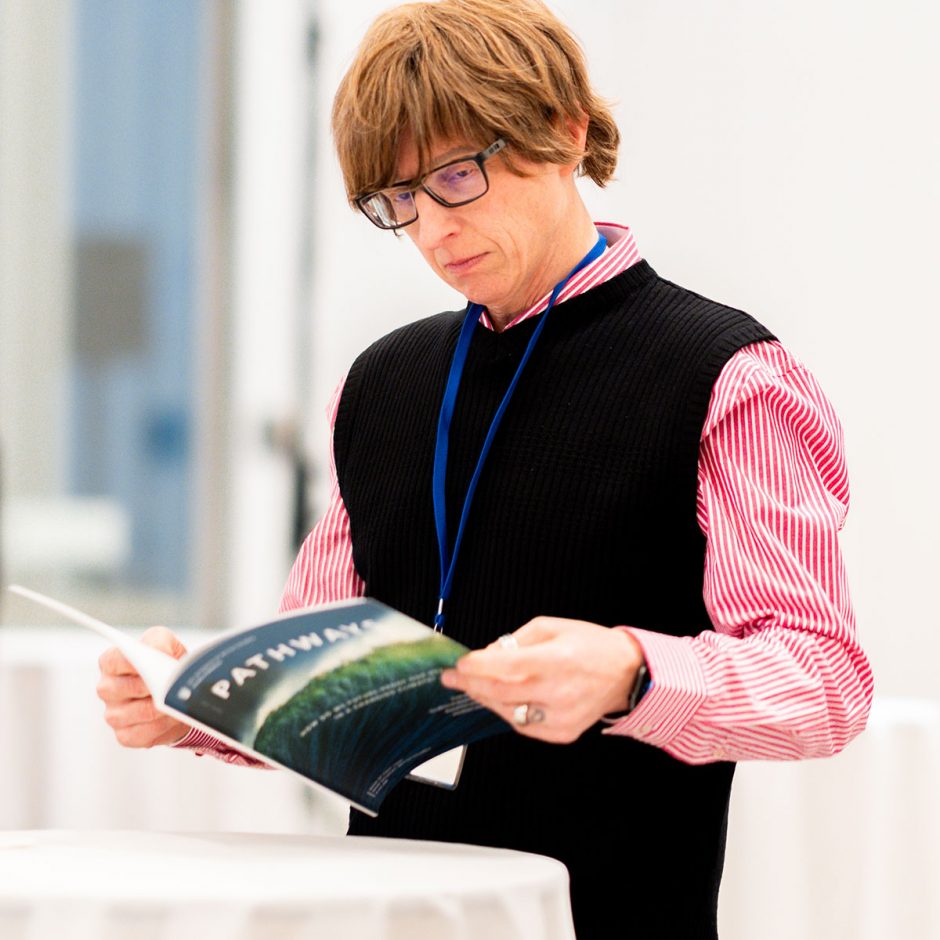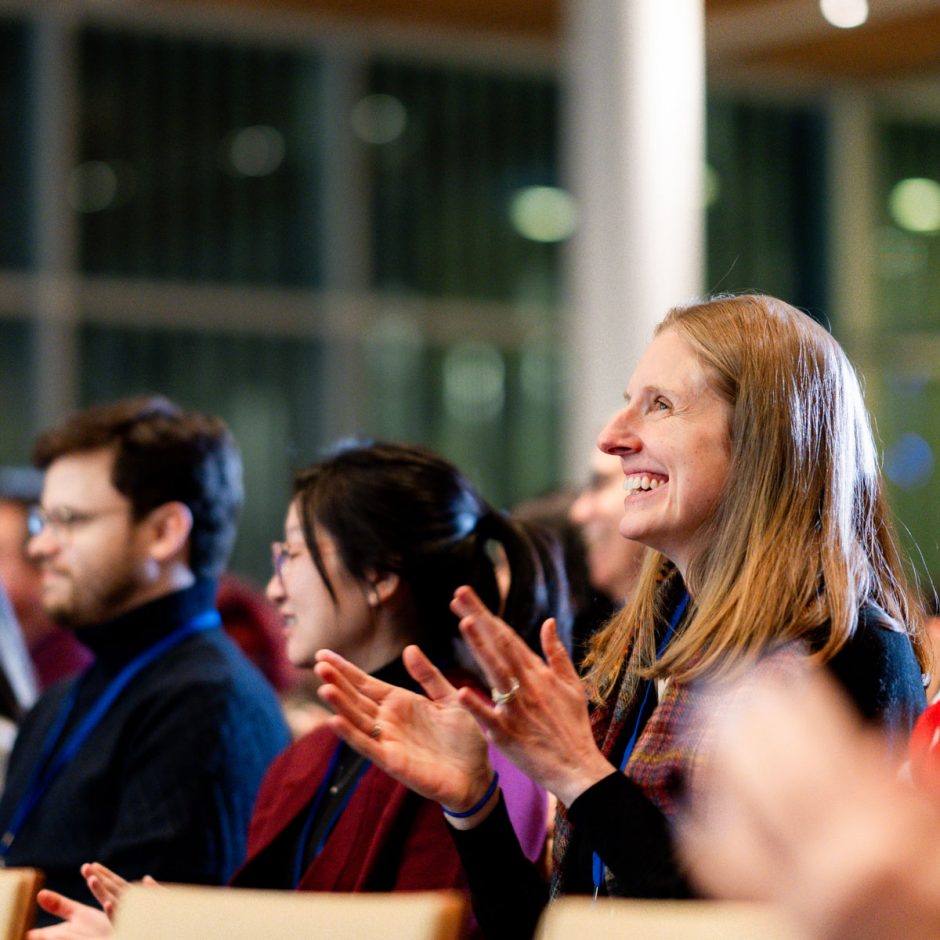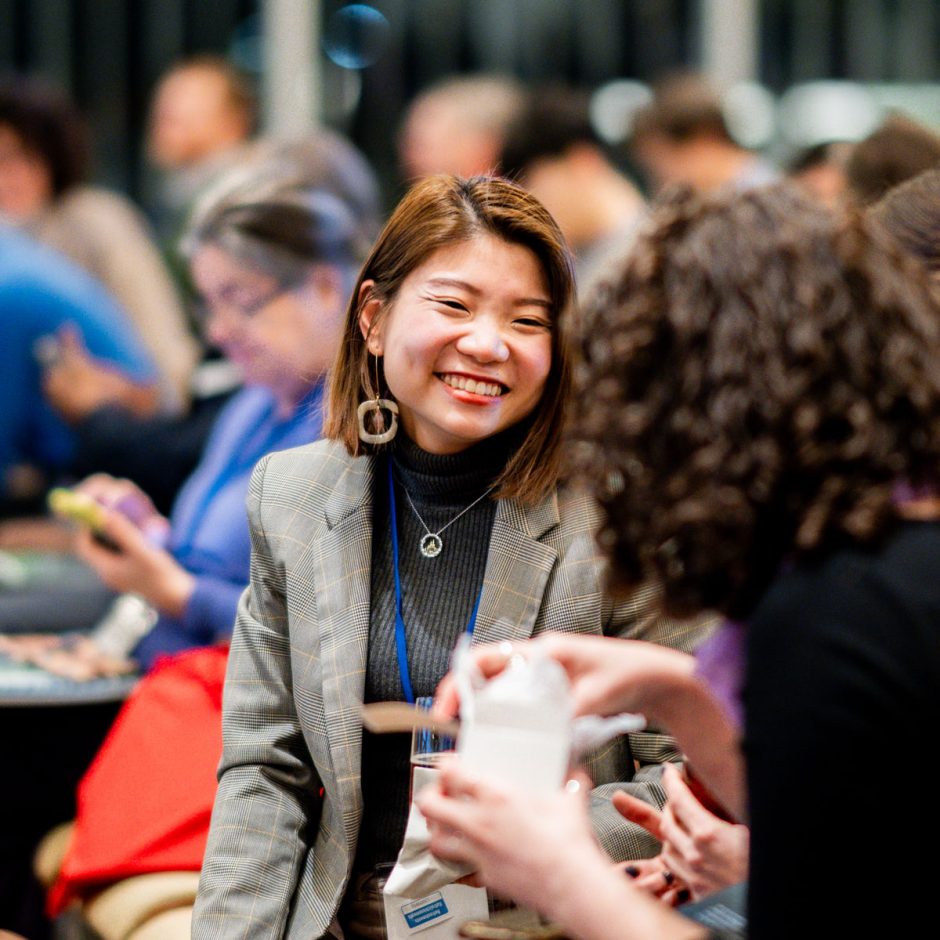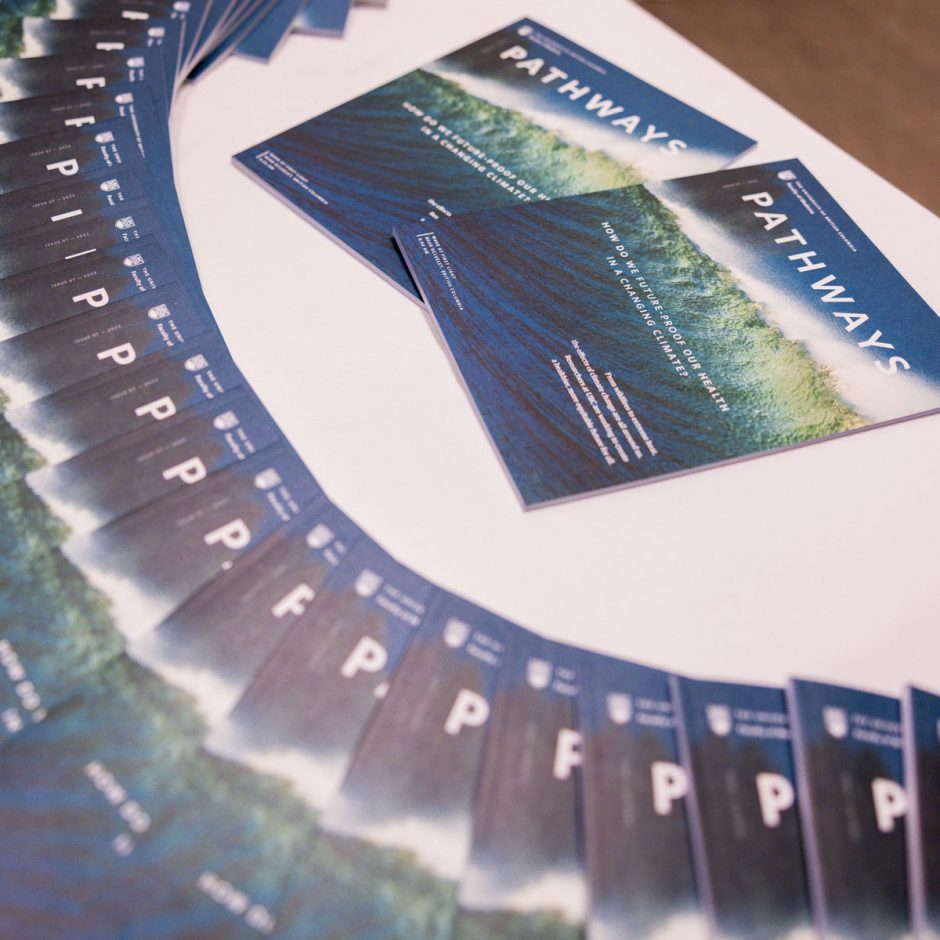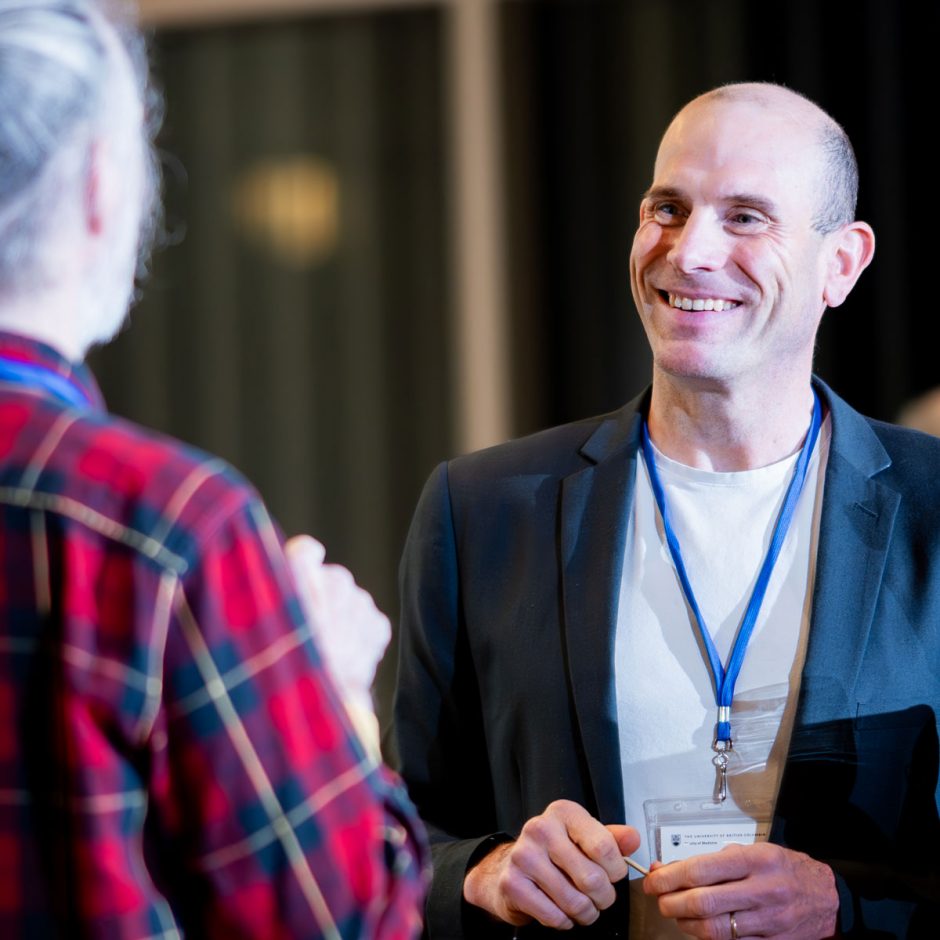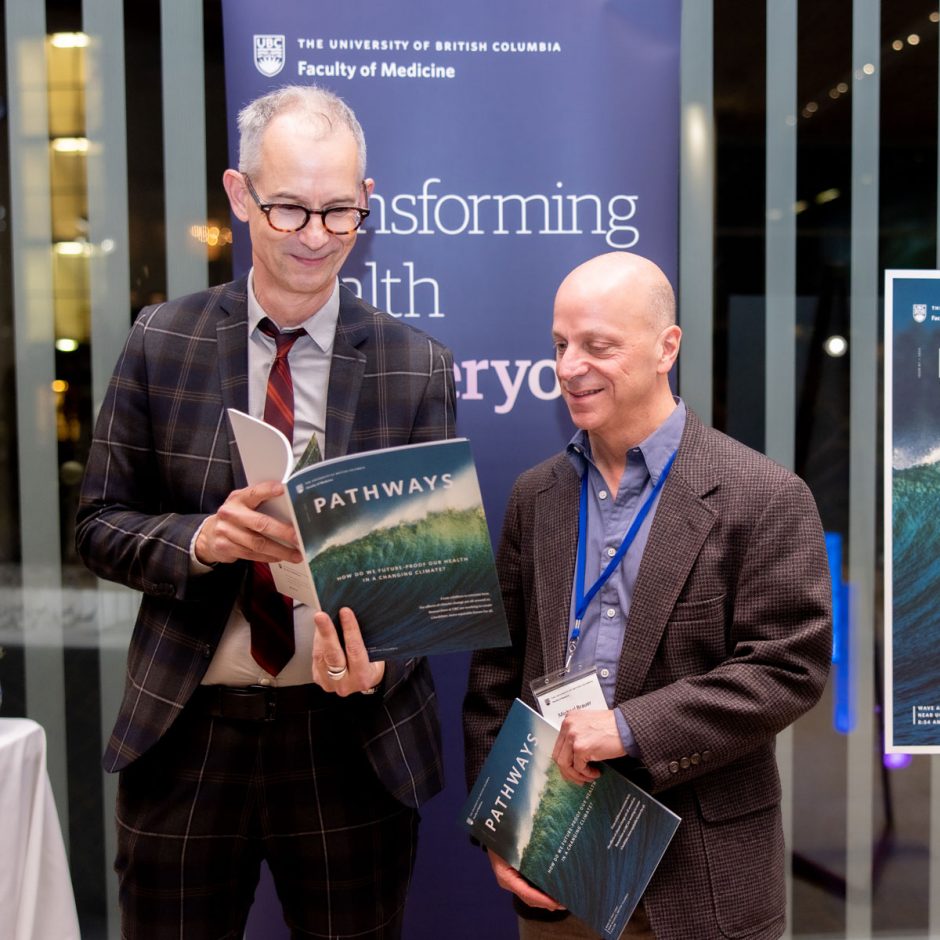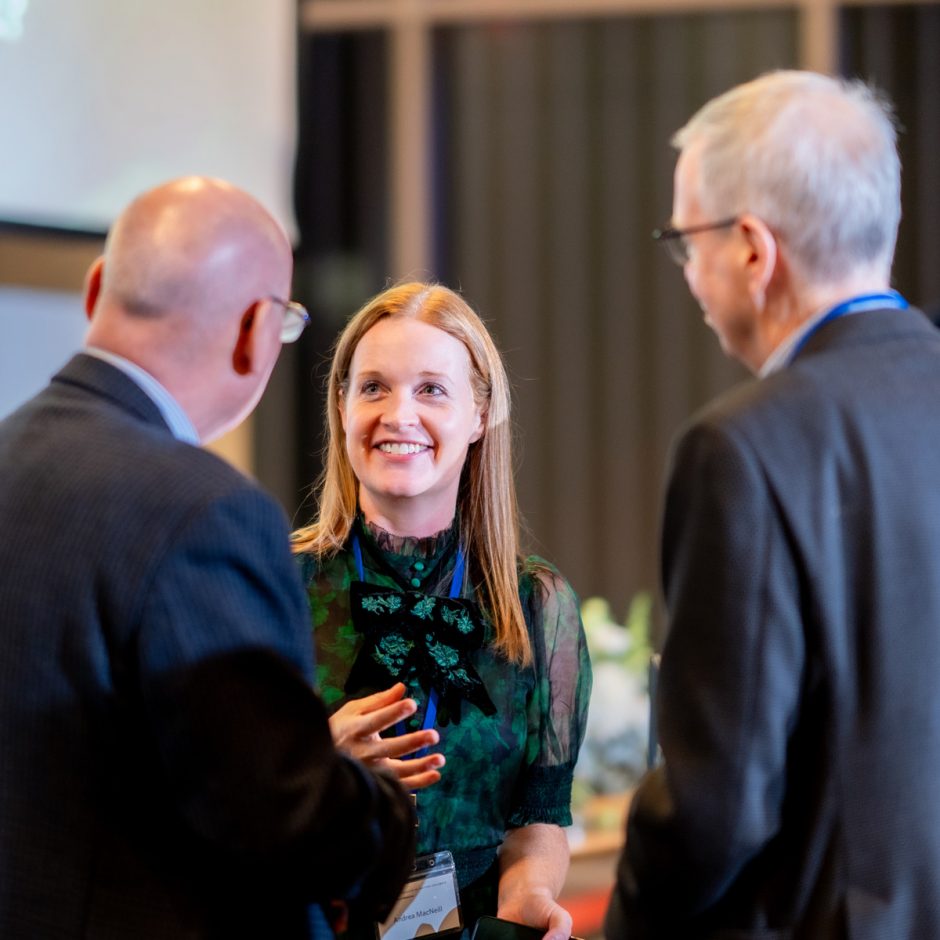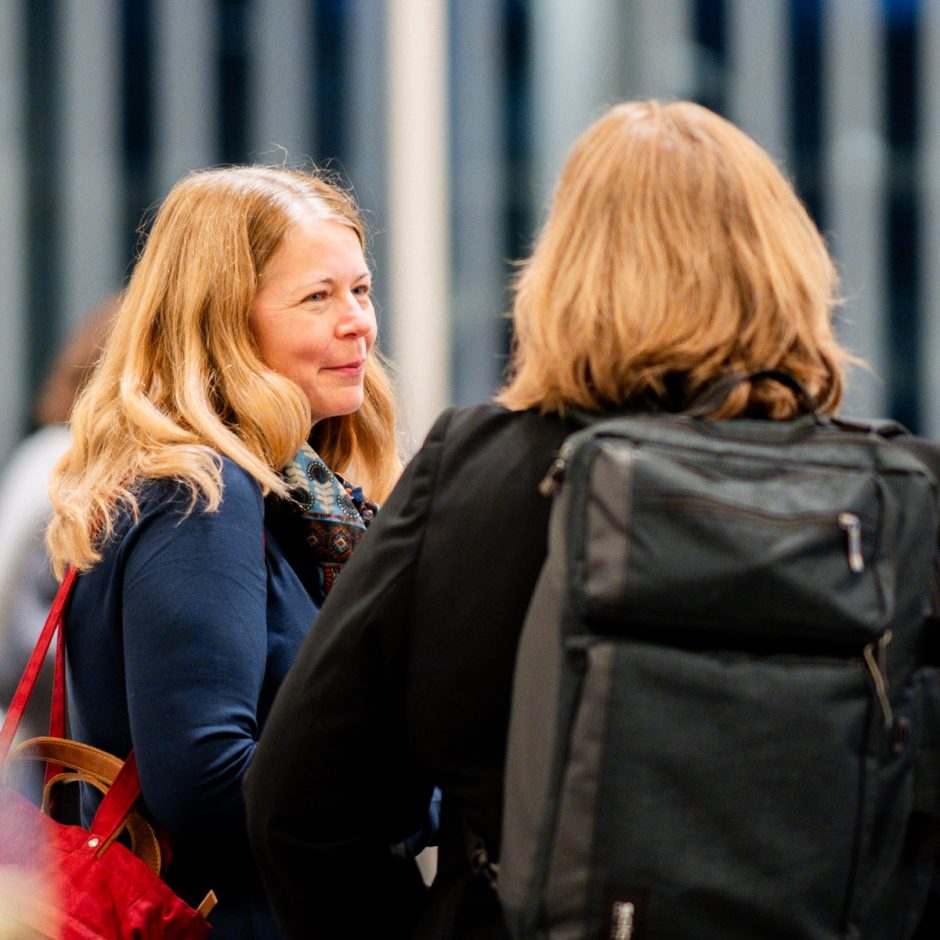
Future-proofing health in a changing climate
Researchers and community members came together to celebrate the latest issue of Pathways Magazine — and spark new research collaborations on climate change, planetary health and health of populations.
From wildfires to extreme heat, the effects of climate change are all around us. The question is, how do we protect our health and create a healthier, more equitable future for all?
On Nov. 22nd, experts from the UBC Faculty of Medicine and the Bill and Melinda Gates Foundation tackled this urgent question at a special launch event for the new climate-focused issue of Pathways Magazine.
In the words of Dr. Dermot Kelleher, Dean of the Faculty of Medicine and Vice-President of Health, UBC, the goal of the evening was “to generate novel ideas, ways of thinking, and perhaps even some of the answers — and spark new research collaborations on climate change and health at UBC and beyond.”
Dr. Kelleher opened the event and spoke about our relationships with the environments of our homelands and the innovative climate research underway at UBC.
A key thread running through the program was the essential importance of Indigenous ways of knowing to all research and education on climate change and health. Elder Dr. Roberta Price of the Coast Salish Snuneymuxw and Cowichan Nations and Elder Doris Fox of the Musqueam Indian Band spoke about the importance of learning from Indigenous knowledge for future generations and the necessity of taking care of the land that takes care of us.
The event — which brought together researchers, faculty, staff, learners, and health partners from across the faculty, the university, and the broader community — included a series of lively panel discussions and speeches.
Dr. Jennifer Gardy, deputy director of surveillance at the Bill and Melinda Gates Foundation and the event’s keynote speaker, shared her perspective on the complex and evolving impact of climate change on global health — and how we can act together, globally, regionally, nationally and locally to tackle the problem.
Researchers from the UBC Planetary Healthcare Lab, School of Population and Public Health, Edwin S.H. Leong Centre for Healthy Aging and more talked about their work at the intersection of research, education and health policy.
The evening’s first panel discussion explored the health impacts of climate hazards such as wildfire smoke in British Columbia, across Canada, and around the world, as well as current and potential interventions at the individual, community and population level.
Moderated by Dr. Robert Kozak, Dean, UBC Faculty of Forestry, the panel featured Drs. Sarah Henderson, Professor, UBC School of Population and Public Health (SPPH), and Scientific Director of Environmental Health at the B.C. Centre for Disease Control; Chris Carlsten, Director, UBC Air Pollution Exposure Laboratory; and Michael Brauer, Professor, SPPH.
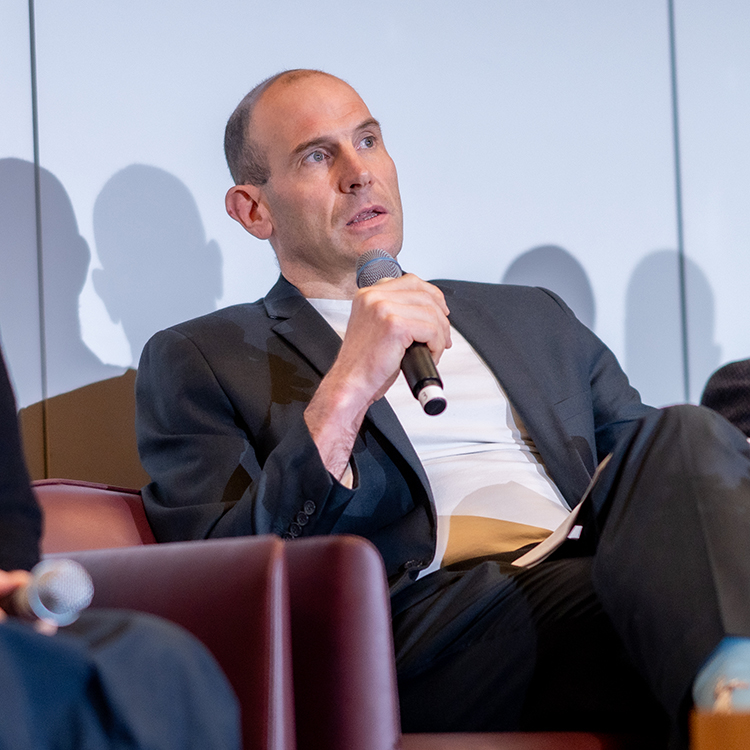
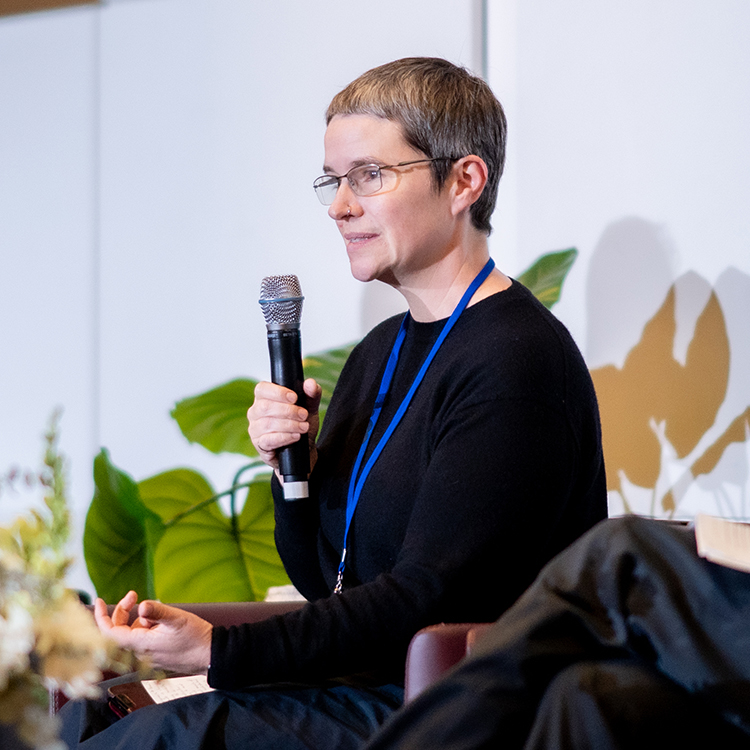
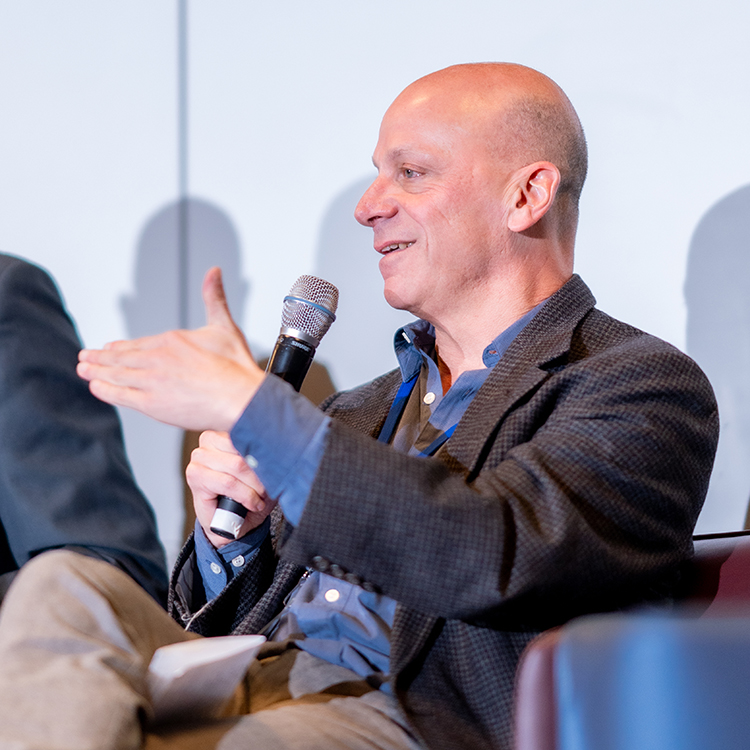
They highlighted the ways that our genes, cultural background, the design of our cities and much more can interact to make us vulnerable to the effects of climate change, and they offered important insights into how we can protect ourselves, beginning with the most vulnerable populations.
Planetary healthcare, a concept developed by Dr. Andrea MacNeill, Director of the UBC/VCH Planetary Healthcare Lab, was the focus of the second panel. The speakers talked in depth about how we might transform health systems so that they’re better for both the patient and the environment.
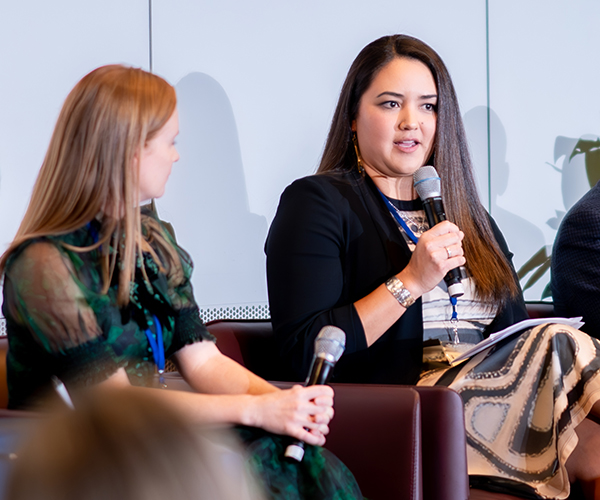
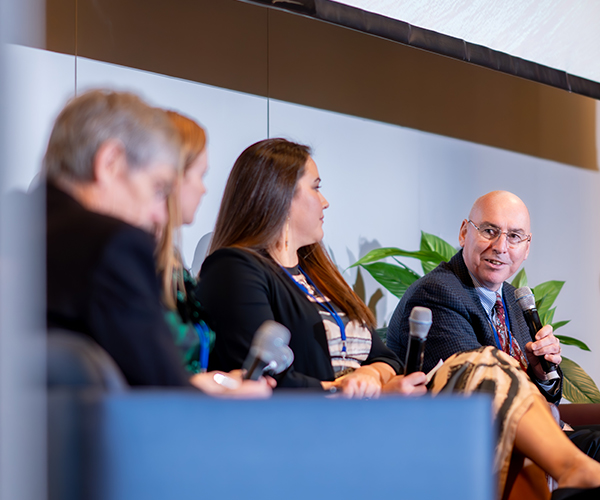
The panel featured moderator Dr. Mike Allard, Vice-Dean, Health Engagement, Faculty of Medicine, and panelists Drs. MacNeill; Brittany Bingham, Director of Indigenous Research, Vancouver Coastal Health, and Assistant Professor of Social Medicine, UBC; Paul Winwood, UBC Regional Associate Dean, Northern British Columbia; and Michael Kobor, Director, Edwin S.H. Leong Centre for Healthy Aging, UBC.
Following the event program, researchers, health partners and community members gathered for the networking reception to continue the dialogue on climate change and health.
Read the latest issue of Pathways.
Published: December 4, 2023
